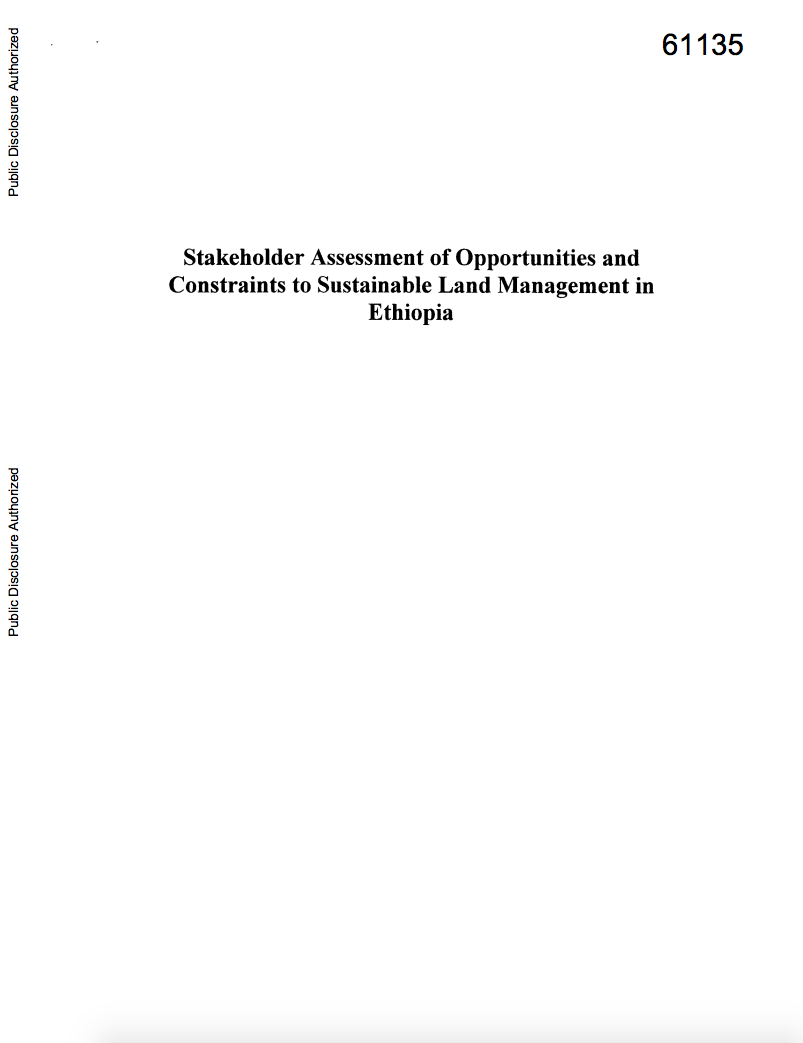OPS3 - Progressing toward Environmental Results : Third Overall Performance Study on the GEF, Complete Report
The purpose of the Third Overall Performance Study (OPS3), commissioned by the Global Environment Facility (GEF) Council, is "to assess the extent to which GEF has achieved, or is on its way towards achieving its main objectives, as laid down in the GEF Instrument and subsequent decisions by the GEF Council and the Assembly, including key documents such as the Operational Strategy and the Policy Recommendations agreed as part of the Third Replenishment of the GEF Trust Fund." (GEF/C.23/4) The OPS3 team recognizes that this study is taking place at a critical time and will provide input that


